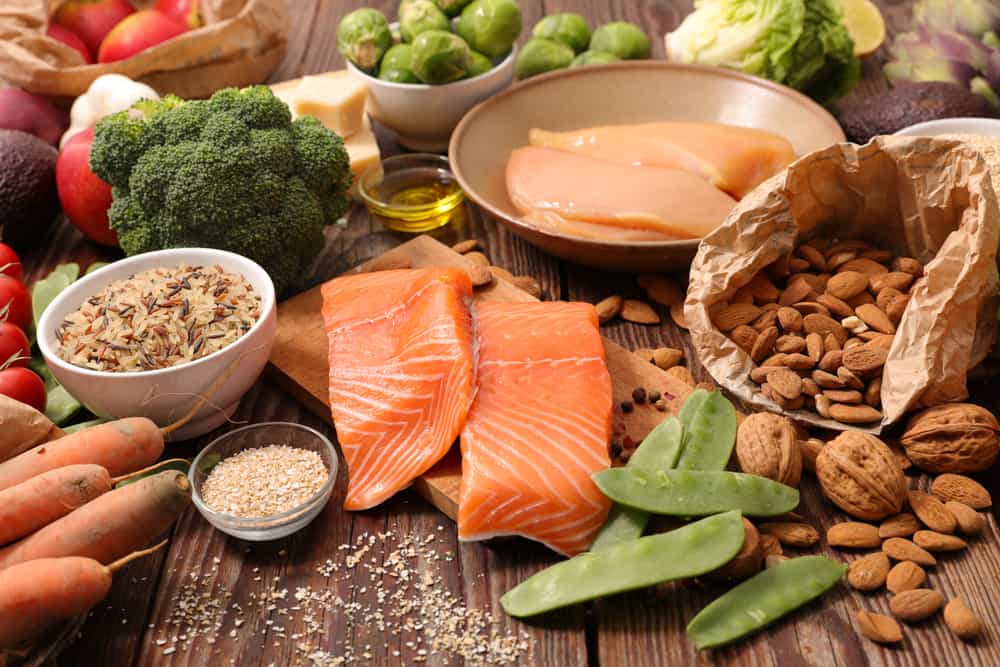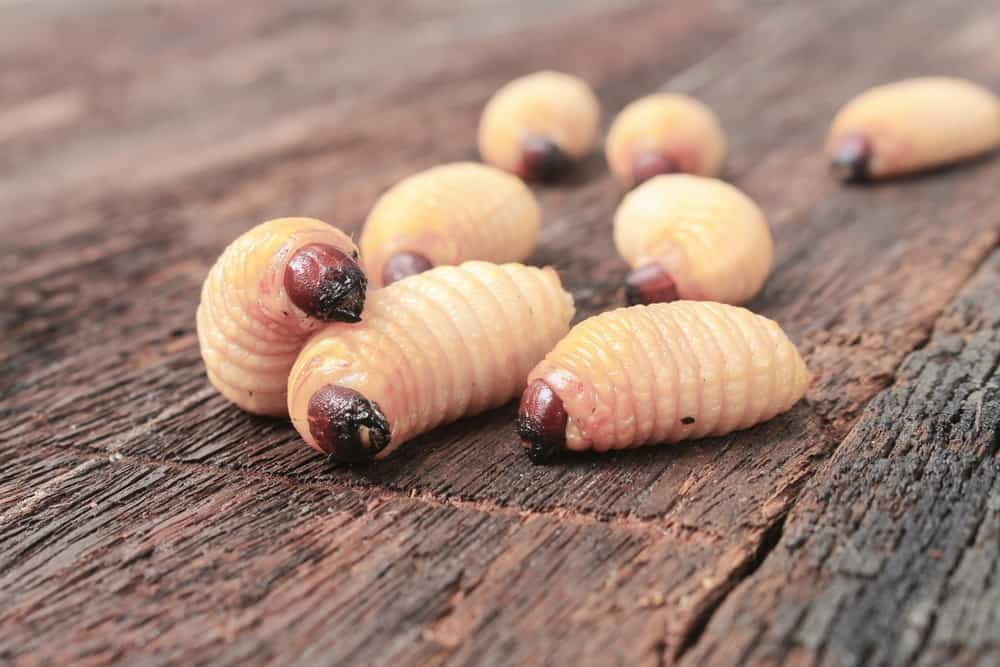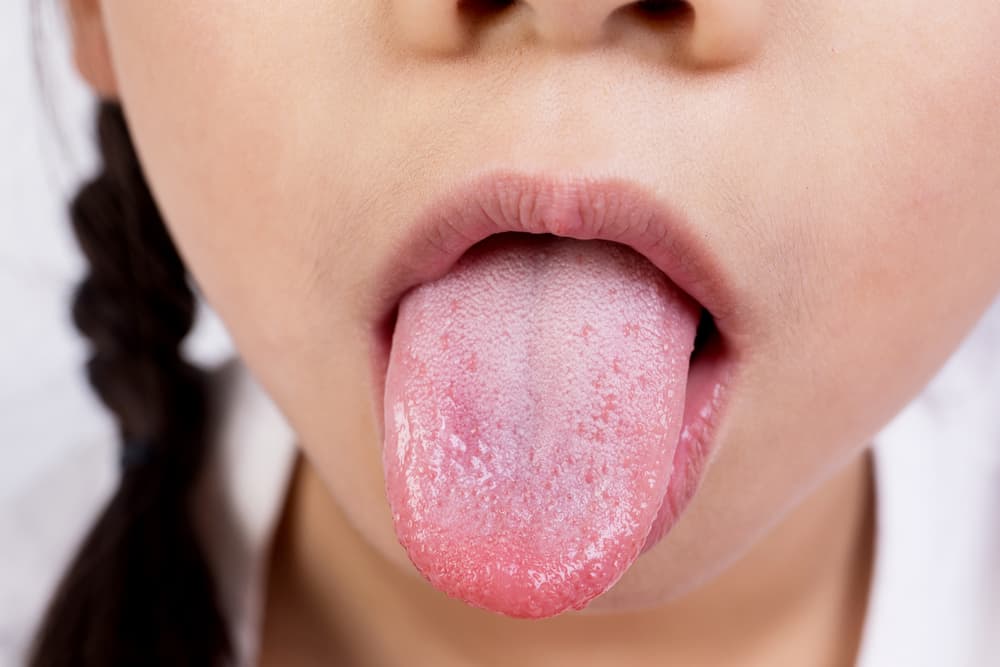Contents:
- Medical Video: The FODMAP Diet: What You Need to Know | UCLA Digestive Diseases
- What is the FODMAP diet? Why is it good for people with IBS?
- What foods can and should not be consumed in running the FODMAP diet?
- How do you apply this FODMAP diet?
Medical Video: The FODMAP Diet: What You Need to Know | UCLA Digestive Diseases
For people who experience digestive disorders in the large intestine or irritable bowel syndrome (IBS), the symptoms that they experience will last for months and some even for life. This disease is caused because the intestines cannot digest food properly, causing symptoms such as flatulence, spasms, diarrhea, and difficulty defecating. That is why the FODMAP diet appears which is considered to alleviate the symptoms of people with irritable bowel syndrome. So, what is the FODMAP diet? How can this diet help people with IBS?
What is the FODMAP diet? Why is it good for people with IBS?
The FODMAP diet is actually a diet that encourages someone to avoid foods that contain sources of cabbage which have a short chain chemical structure. Meanwhile, the abbreviation of this diet is taken from the types of carbohydrates that must be avoided, namely Fermentable Oligo-, Di-, and Monosaccharides and polyols.
Experts believe that foods containing these types of carbohydrates will be difficult to digest by the intestines that experience IBS, so it should be avoided to relieve symptoms. Because, when food containing carbohirate is not properly digested, it will trigger bacteria in the intestine to produce more gas. This can then cause IBS symptoms.
This FODMAP diet has even been proven in several studies. One of the studies published in the journal Gastroenterology, which states that 3 out of 4 people with IBS, managed to relieve or even eliminate some symptoms of indigestion thanks to applying this diet for 7 days or more.
What foods can and should not be consumed in running the FODMAP diet?
Types of foods that contain FODMAP and should be avoided are foods that contain:
- Lactose, such as cow's milk, cheese, yogurt, and various other dairy products.
- Fructose, contained in:
- Fruits such as apples, pears, mangoes, and watermelons
- Artificial sweeteners
- Foods containing high corn syrup
- Fruktan, contained in:
- Vegetables, such as broccoli, asparagus, onions
- Various types of wheat
- Galaktan, which was found in:
- Nuts, such as kidney beans, soybeans, and chickpeas
- Vegetables, such as broccoli, cauliflower and cabbage
- Polyol, which is in:
- Fruits, like apricots, watermelons and apples
- Artificial sweeteners containing sorbitol, mannitol, and xylitol
- Vegetables, such as cauliflower and mushrooms
So, instead you can eat the following foods:
- Milkwhich does not contain lactose, such as almond milk, or cow's milk products that do not contain lactose.
- Fruits as bananas, grapes, melons, kiwi, strawberries, and oranges
- Vegetables for example mustard, spinach, lettuce, eggplant, and cucumber.
- Proteinfrombeef, chicken, fish, and eggs
- Nutsthat is almonds, walnuts, and peanuts.
Basically, this food containing FODMAP is not bad for health. All types of food have benefits and are needed by the body. However, indeed in this case the food can trigger the growth of bacteria - which is actually not bad for health - which can produce excessive gas in the intestine.
How do you apply this FODMAP diet?
In implementing the FODMAP diet, there are several steps that you must take. However, before you better consult your doctor or nutritionist regarding the diet you will do. The reason is, not everyone will show the same results if they do this FODMAP diet. So, when you are going to apply this FODMAP diet, it starts from:
- Elimination stage, at this stage you are recommended to limit and even avoid foods containing FODMAP for 3-8 weeks. At this stage too, you are asked to see whether the symptoms you experience are reduced or not.
- Recognition stage. After you avoid suspected foods causing symptoms, you will be asked to put one by one into the menu again. This is done for 3-7 days for one type of food. In this stage, you will see food that has been a trigger for your IBS symptoms.
- The final stage. Now, after knowing what can make your IBS symptoms appear, then you will be asked to return to eating food normally and only limit foods that are the only trigger. The rest, you can still apply the diet you previously had.












